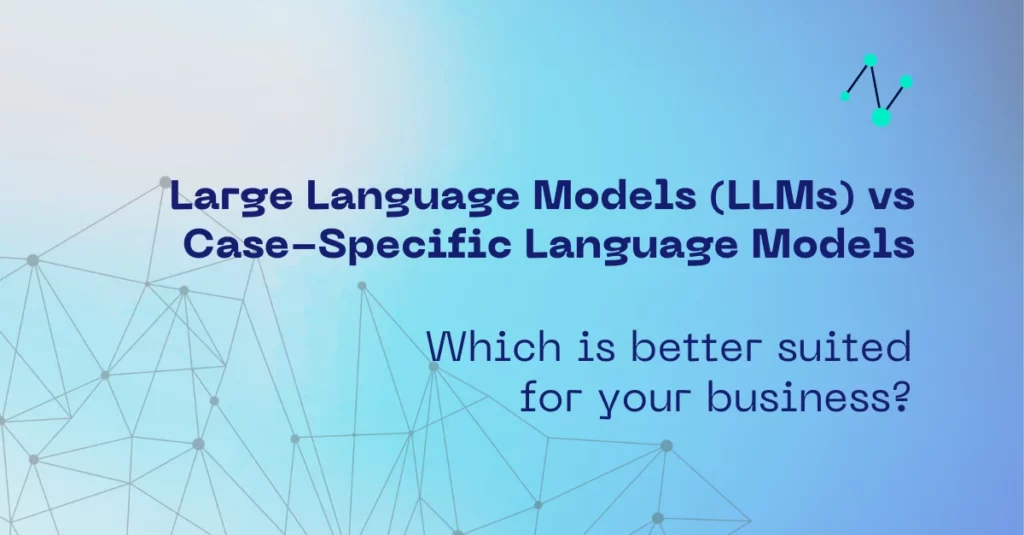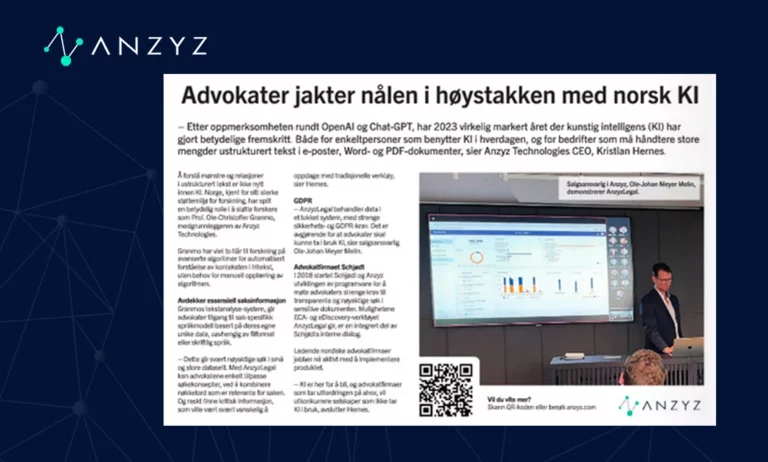Case-specific language models are typically trained on specific tasks, whereas LLMs (such as GPT-3.5) are general-purpose language models trained on a wide range of language understanding tasks. Case-specific language models are trained to perform a specific task, such as sentiment analysis, question answering, or text classification, and are optimized for that task by adjusting the model’s architecture, parameters, and training data. This targeted training approach allows case-specific models to achieve high accuracy on specific tasks, while LLMs general-purpose training may not optimize the model as well for any specific task.
In terms of cost, case-specific models are less expensive to train than LLMs because they are typically trained on smaller datasets and for fewer epochs. This allows for faster training times and lower computational resources needed, resulting in lower costs and reduced carbon footprint.
Additionally, case-specific models allow for the incorporation of task-specific data, which lead to better performance on that specific task. The process customizes the language model to better understand the specific patterns and nuances of the task-specific data, which lead to improved accuracy.
Overall, case-specific language models can outperform LLMs on specific tasks because they are designed and optimized for those tasks, and can often be trained more efficiently and cost-effectively.
However, LLMs general-purpose training still provides a strong foundation for understanding natural language, and it can perform well on a wide range of tasks without the need for customization.
In summary, in industries or professions where high accuracy and case-specific knowledge are crucial, such as legal services, using a product that allows for the development of case-specific language models, like AnzyzLegal, is a highly suitable approach. Custom language models trained on actual case documents provide lawyers and legal professionals with the precision and contextual understanding required for tasks like reviewing case files and conducting legal research.
Here are some additional benefits of using AnzyzLegal to conduct legal research and document review:
- Legal Expertise: Language models can be fine-tuned with AnzyzLegal to understand legal jargon, nuances, and specific case details, ensuring accurate and contextually relevant information.
- Data Privacy: Keeping sensitive legal information within a secure product like AnzyzLegal can help maintain client confidentiality and data privacy.
- Efficiency: Case-specific models deployed with AnzyzLegal can significantly streamline legal research and document review processes, saving time and reducing human error.




